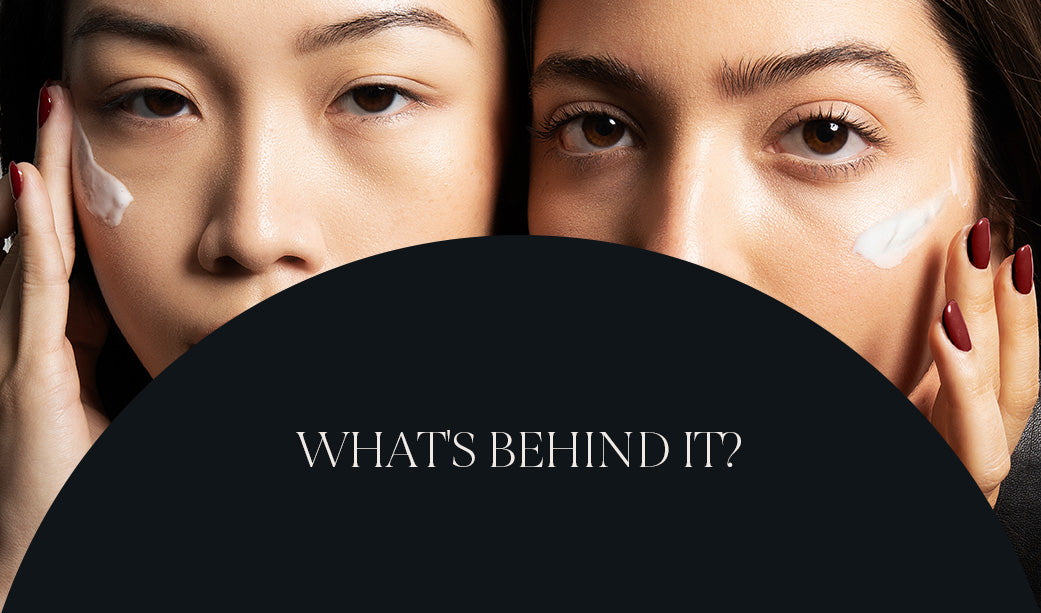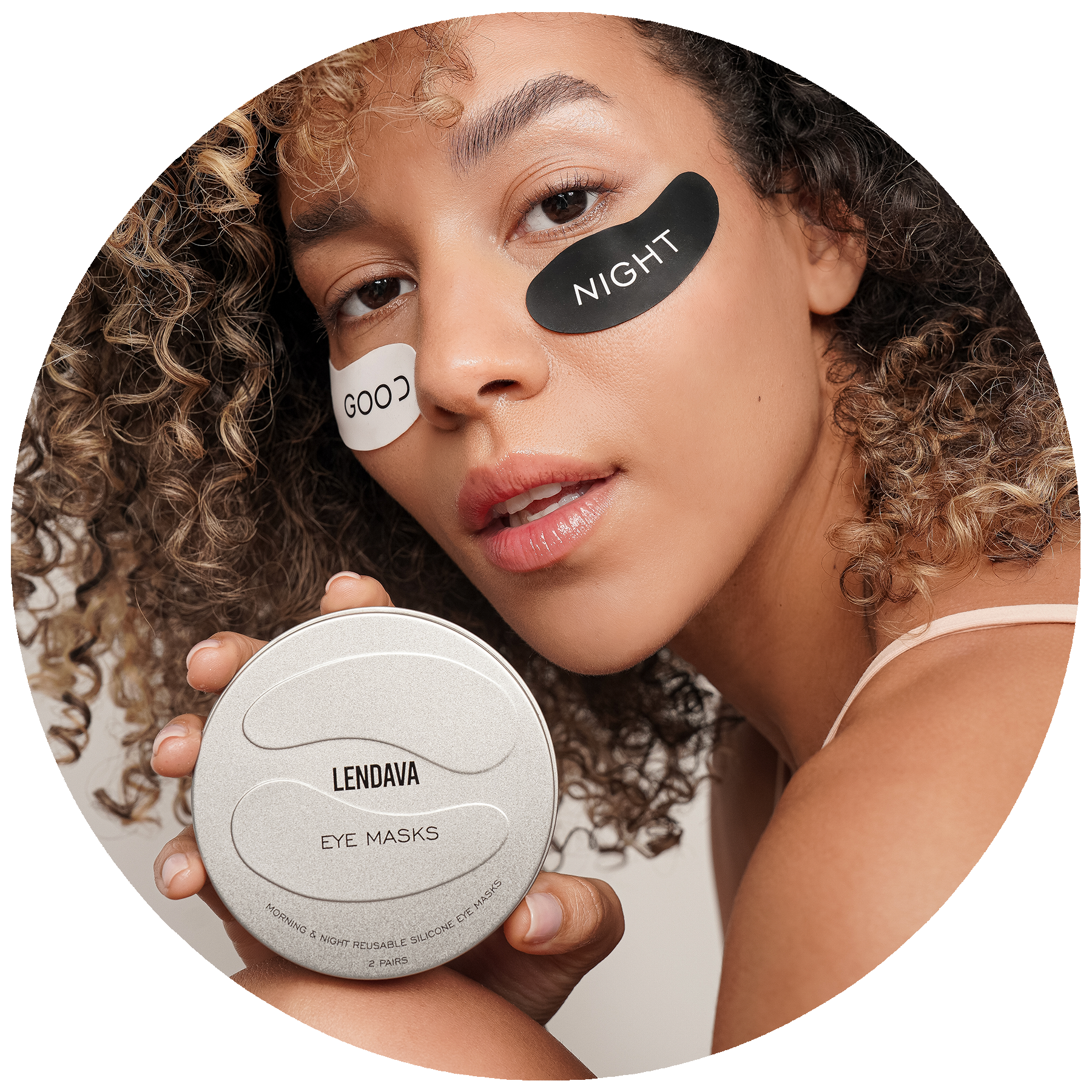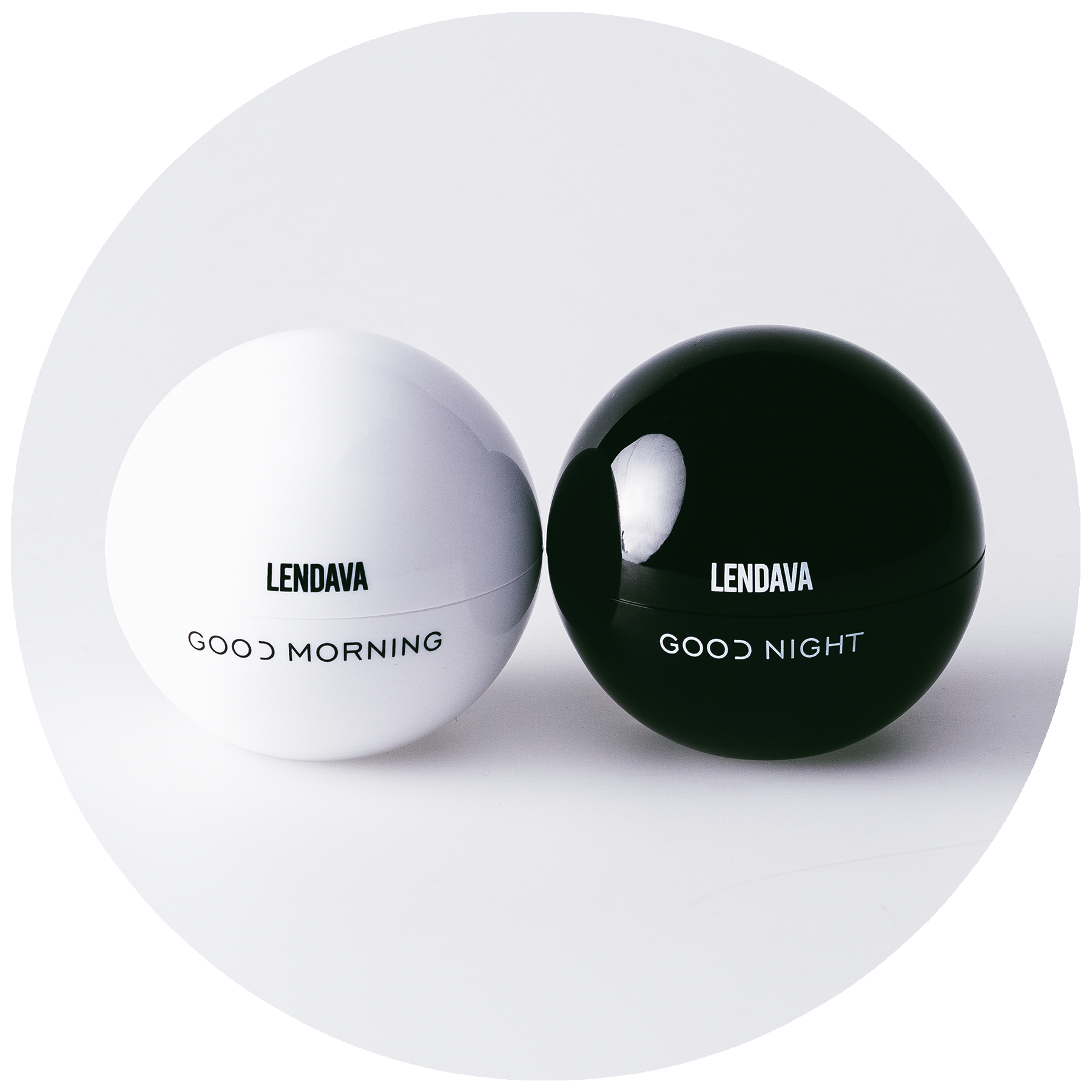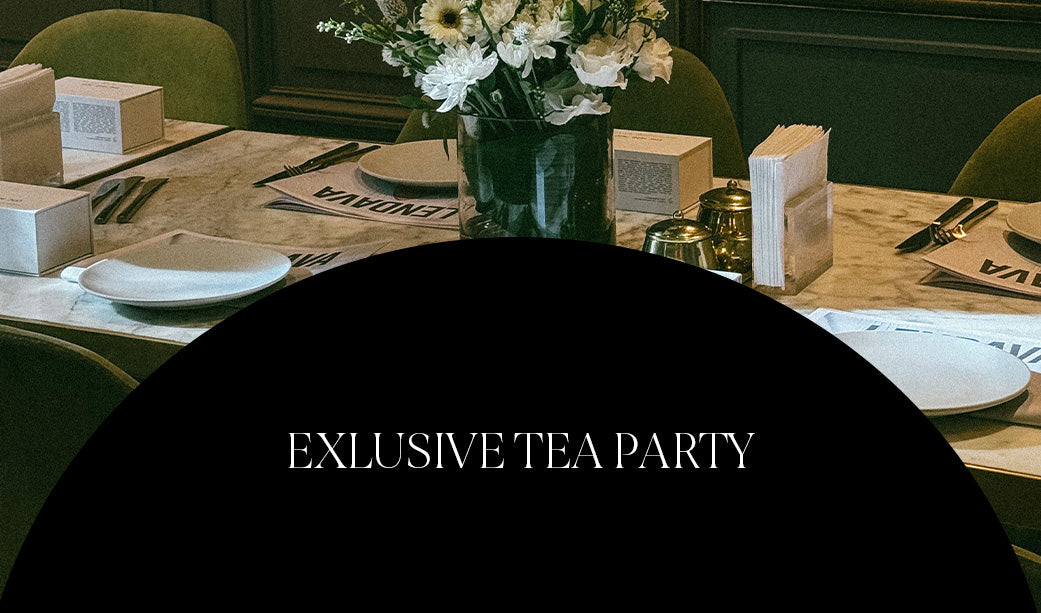
Fast Beauty's Hyperconsumption
Some attribute it to the pursuit of quick returns by investors in beauty brands. Their desire to rapidly multiply their investments often leads to compromises in brand integrity and distribution channels, necessitating the expansion into new, younger demographics to capture a larger market share.
Others argue it's a combination of consumer demand and the influence of social media. In today's fast-paced digital landscape, where virality is king, brands feel compelled to constantly launch new products to keep up with consumer appetites for novelty and trends.
The beauty industry itself is inherently fixated on newness and trends, with social media exacerbating this obsession. However, the question is: Can the industry move beyond this constant chase for the next big thing?

Similar to the fashion industry, which has seen the rise of slow fashion as a response to environmental and labor concerns, there's a growing awareness of the need for a more sustainable approach. However, whether this shift will become mainstream or remain a niche trend is yet to be seen.
Retailers like Sephora play a significant role in shaping industry trends. Through market meetings and trendspotting, they influence which products make it to the shelves, often taking from months to years from inception to fruition.
So, what's fueling the hyperconsumption of beauty products? Regardless of the driving forces, Lendava believes that focusing on quality over quantity, launching more hero products, and fewer "me-too" imitations is not only better for business but also for the world.

We strongly believe in responsible beauty practices and are committed to being genuine and sustainable. We aim to connect with our audience in a meaningful way, encouraging mindful consumption. Our focus is on celebrating healthy skin rather than chasing passing trends.






